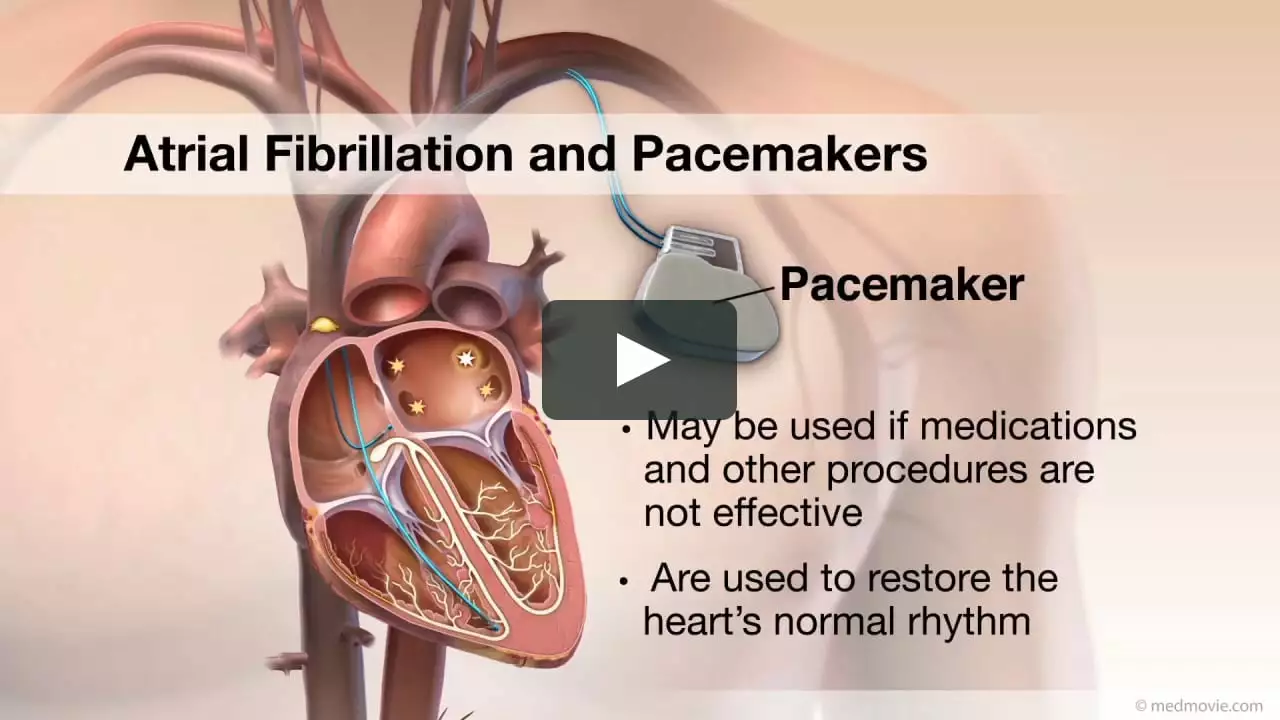Amiodarone — What you need to know
Amiodarone is a powerful antiarrhythmic used to treat serious heart rhythm problems like atrial fibrillation, ventricular tachycardia, and ventricular fibrillation. Doctors turn to it when other drugs don’t work or when an immediate, reliable rhythm control is needed. It’s effective, but it comes with risks you should know about upfront.
How it’s used and how to take it
Amiodarone is available as tablets and IV. Dosing varies a lot depending on the condition and whether you’re starting treatment in hospital or at home. Commonly, a loading phase is used to reach effective levels faster, then a lower maintenance dose keeps the rhythm stable. Always follow your prescriber’s exact instructions — don’t change the dose or stop suddenly without medical advice.
The drug stays in the body for weeks to months after stopping because it has a very long half-life. That means side effects can appear or last long after you stop taking it.
Key side effects and what to watch for
Amiodarone can affect many organs. The most serious risks include lung toxicity (shortness of breath, cough, new or worsening breathlessness), thyroid problems (both hypo- and hyperthyroidism), and liver injury (right upper belly pain, dark urine, jaundice). Skin changes like blue-grey discoloration on sun-exposed areas, and sensitivity to sunlight are common. Your eyes may develop corneal deposits, causing gritty eyes or blurred vision.
Other common issues include bradycardia (slow heart rate), dizziness, tremor, and constipation. Because it can lengthen the QT interval, combining it with other QT‑prolonging drugs raises the risk of dangerous arrhythmias.
If you notice new shortness of breath, yellowing of the skin, very slow heartbeat, or sudden visual changes, contact your doctor right away. Those are signs that need prompt assessment.
Amiodarone interacts with many drugs. It commonly raises levels of warfarin, digoxin, certain statins, and some antiarrhythmics. Tell every provider and your pharmacist that you take amiodarone so doses of other meds can be adjusted and labs checked more often.
Monitoring while on amiodarone is simple but regular: baseline and periodic thyroid function tests, liver enzymes, chest X-ray or lung tests if respiratory symptoms happen, eye checks if you have vision complaints, and ECGs to watch heart rate and QT interval. Your doctor will set the exact schedule.
Special cautions: it’s generally avoided in pregnancy unless the benefit outweighs risks. Older adults may be more sensitive to side effects. Avoid excessive sun exposure and use sunscreen due to skin changes.
Bottom line: amiodarone can be lifesaving for serious arrhythmias, but it’s a drug that needs respect. Know the major side effects, watch for warning signs, keep up with lab tests, and always discuss other medications with your provider. If anything feels off, call your healthcare team — early checks prevent bigger problems later.

